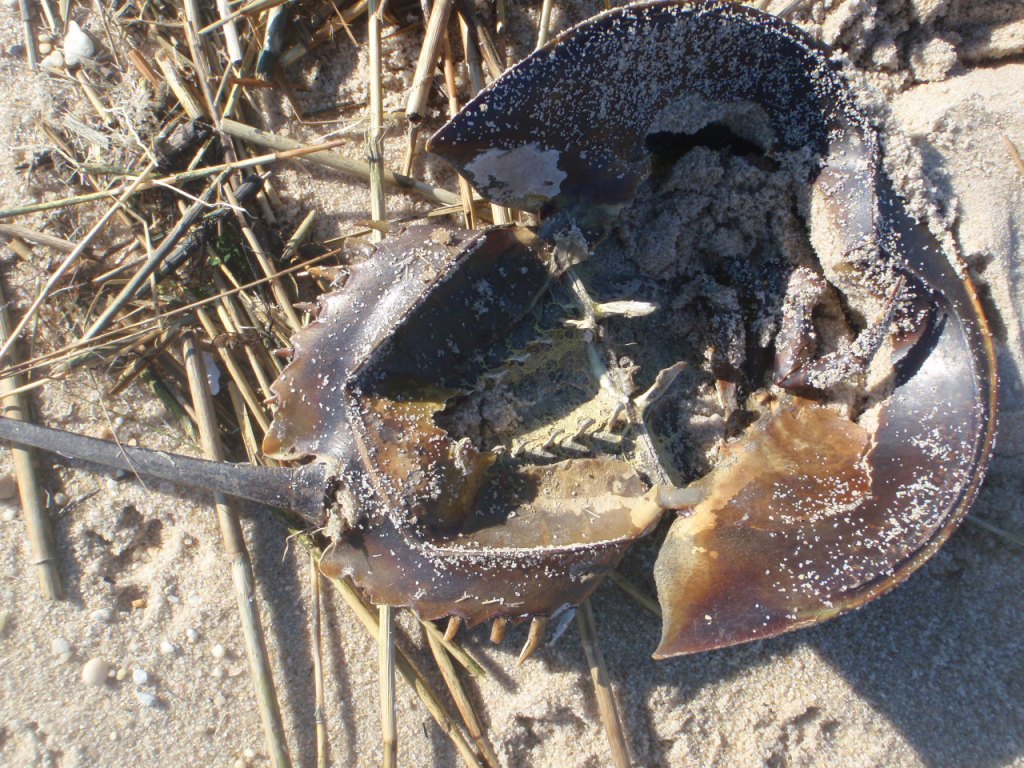
5:23 P.M. here--the sun stands still,
6 months ago, when we sat on the opposite side of the sun, I celebrated the summer solstice, a joy tinged with the weight of knowing the sun would start its slow, long course southward.
Winter is only hours old, and winters can be brutal here. The light, however is returning.
When I was a child, winter meant cold, summer heat. I did not, could not, grasp why the elders got so excited late December, at the cusp of winter, when we faced long wintry days.
I get it now.
***
I stood outside last night in the chill with my youngest, now a quarter century old, watching our shadow drift across the moon, a wavering copper-gold washing in from the moon's left.
My mom used to tell me she could see me as an infant even as I stood before her as a man. I laughed, of course. I am big--over 200# big.
I get it now.
I still give tests, more out of habit than sense now. Performance on science tests a few days before the Christmas break follow a predictable pattern, and my students did not fail to fail.
We do a lot of things because we do them. If mastery's the goal, then a class average of low 70's with a bell-shaped curve, a science teacher's dream a generation ago, marks my failure.
On my board today two-foot numbers announced the time of the solstice--5:23 P.M. Solstice literally means the sun stands still.
Very few students notice how far the sun has shifted since class started just 3 1/2 months ago. There's no need. Food comes in boxes, heat in radiators. The whole world of technique is magic to them.
In Ireland this morning, the sun rose, as it has, as it will. A shaft of sunlight flashed through a chamber in Newgrange built thousands of years ago, before the Great Pyramids, before the Celts arrived, before Stone Henge.
through a chamber in Newgrange built thousands of years ago, before the Great Pyramids, before the Celts arrived, before Stone Henge.
We will not study this in science, nor will our students study this in history class. We will create a class ready for the 21st century, for the abstract, for a culture that confuses bank profits with economy.
If children owned the winter solstice, the dying light, knowing what waits for each of us before a 100 winter solstices pass, would they come to school?
Would you?
I believe schools can be worth the time children invest in them. I am not convinced we're there yet.
At least not as long as I keep practicing education as religion, using a script written generations before me.
*The sun may indeed change direction if we use Earth as the reference point, but "shifted its mass" is, of course, incorrect, since it implies uneven forces were applied to it. Since I have yet to find a better explanation for "mass" beyond "the amount of inertia stuff has," even a poetic license does not give me permission to spew such nonsense.
I stood outside last night in the chill with my youngest, now a quarter century old, watching our shadow drift across the moon, a wavering copper-gold washing in from the moon's left.
My mom used to tell me she could see me as an infant even as I stood before her as a man. I laughed, of course. I am big--over 200# big.
I get it now.
***
I still give tests, more out of habit than sense now. Performance on science tests a few days before the Christmas break follow a predictable pattern, and my students did not fail to fail.
We do a lot of things because we do them. If mastery's the goal, then a class average of low 70's with a bell-shaped curve, a science teacher's dream a generation ago, marks my failure.
On my board today two-foot numbers announced the time of the solstice--5:23 P.M. Solstice literally means the sun stands still.
Very few students notice how far the sun has shifted since class started just 3 1/2 months ago. There's no need. Food comes in boxes, heat in radiators. The whole world of technique is magic to them.
In Ireland this morning, the sun rose, as it has, as it will. A shaft of sunlight flashed
 through a chamber in Newgrange built thousands of years ago, before the Great Pyramids, before the Celts arrived, before Stone Henge.
through a chamber in Newgrange built thousands of years ago, before the Great Pyramids, before the Celts arrived, before Stone Henge.We will not study this in science, nor will our students study this in history class. We will create a class ready for the 21st century, for the abstract, for a culture that confuses bank profits with economy.
***
If children owned the winter solstice, the dying light, knowing what waits for each of us before a 100 winter solstices pass, would they come to school?
Would you?
I believe schools can be worth the time children invest in them. I am not convinced we're there yet.
At least not as long as I keep practicing education as religion, using a script written generations before me.
*The sun may indeed change direction if we use Earth as the reference point, but "shifted its mass" is, of course, incorrect, since it implies uneven forces were applied to it. Since I have yet to find a better explanation for "mass" beyond "the amount of inertia stuff has," even a poetic license does not give me permission to spew such nonsense.
But I spew it anyway....

























































